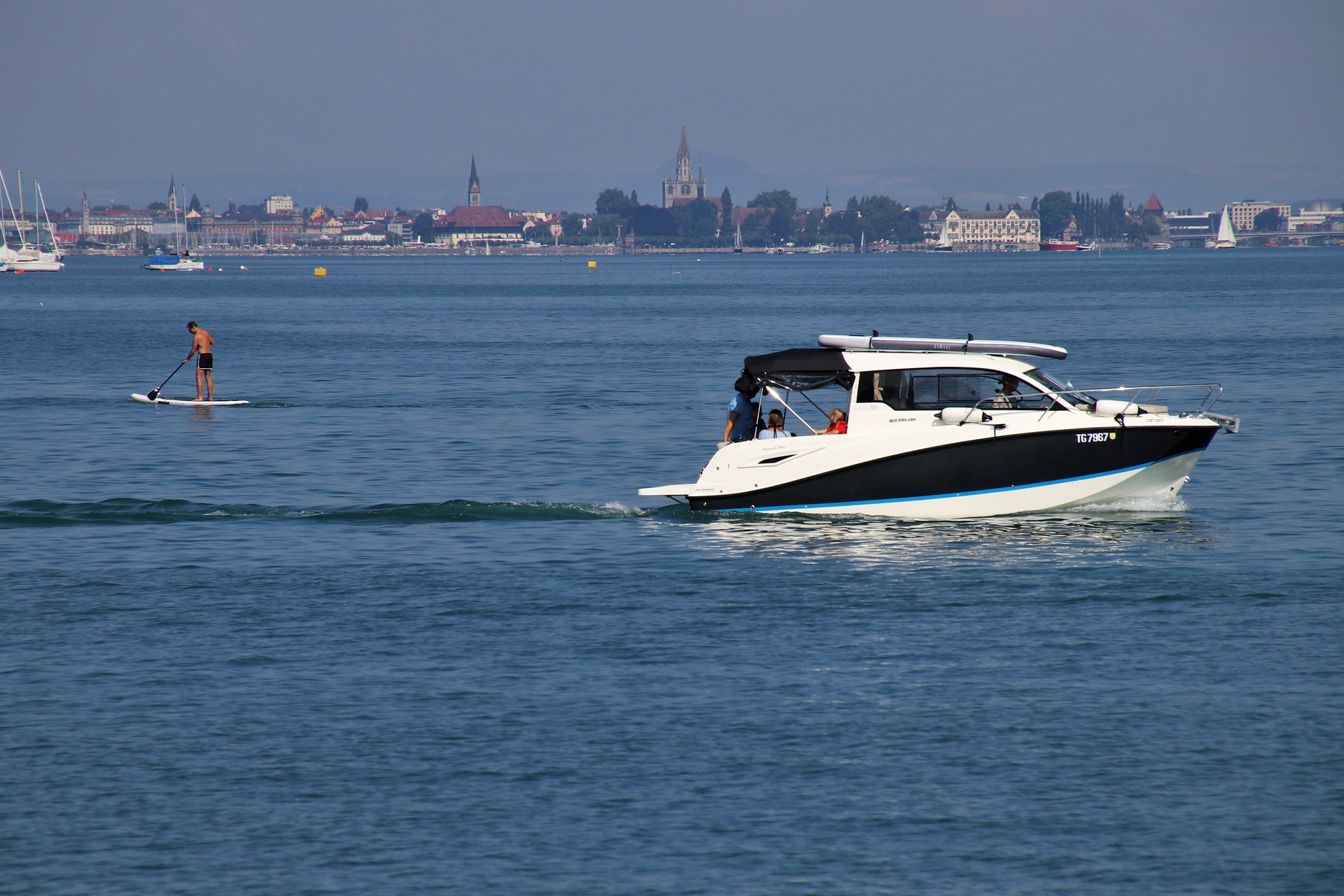Carbon footprint of recreational boating mapped out
The Center for Sustainability, Tourism and Transport (CSTT) of Breda University of Applied Sciences (BUas) will map the carbon footprint of Dutch recreational boating. The research is a basis/starting point for the spearhead 'Reducing carbon footprint' of the Sustainable Water Recreation program that Waterrecreatie Nederland implements with various partners. The research is carried out with the support of the Center of Expertise Tourism, Leisure & Hospitality (CELTH). HISWA-RECRON is also involved in the research and contributes to the financing of the research.
This research aims to map out the fuel consumption and associated carbon footprint of recreational boating in the Netherlands in 2023. The CSTT has been conducting research into the contribution of tourism to climate change since 2004. As a result, BUas has extensive experience in calculating CO2 emissions from various means of transport, accommodations, and activities for holiday purposes.
Researcher Eke Eijgelaar is pleased that Waterrecreatie Nederland has initiated the research: “A reliable baseline measurement is the best basis for choices regarding sustainability when making policy, and for informing consumers and boat owners about the climate impact of this type of recreational equipment.”
This baseline measurement includes six types of boats: cabin sailing boats, cabin motor boats, sloops, open motor boats, open sailing boats, and speed boats. Later, the developed research method will also be used for other forms of water sports and water recreation. Water Recreation Netherlands wants to monitor the carbon footprint to see how it has developed over the years.
To provide insight into emissions, a survey will be conducted among water sports enthusiasts in March 2024. The results are expected in June 2024.
Marleen Maarleveld, director of Waterrecreatie Nederland: “Water recreation is often a sustainable form of leisure activity. With the Sustainable Water Recreation program and research, we contribute together with partners to making the water recreation sector even more sustainable.”



